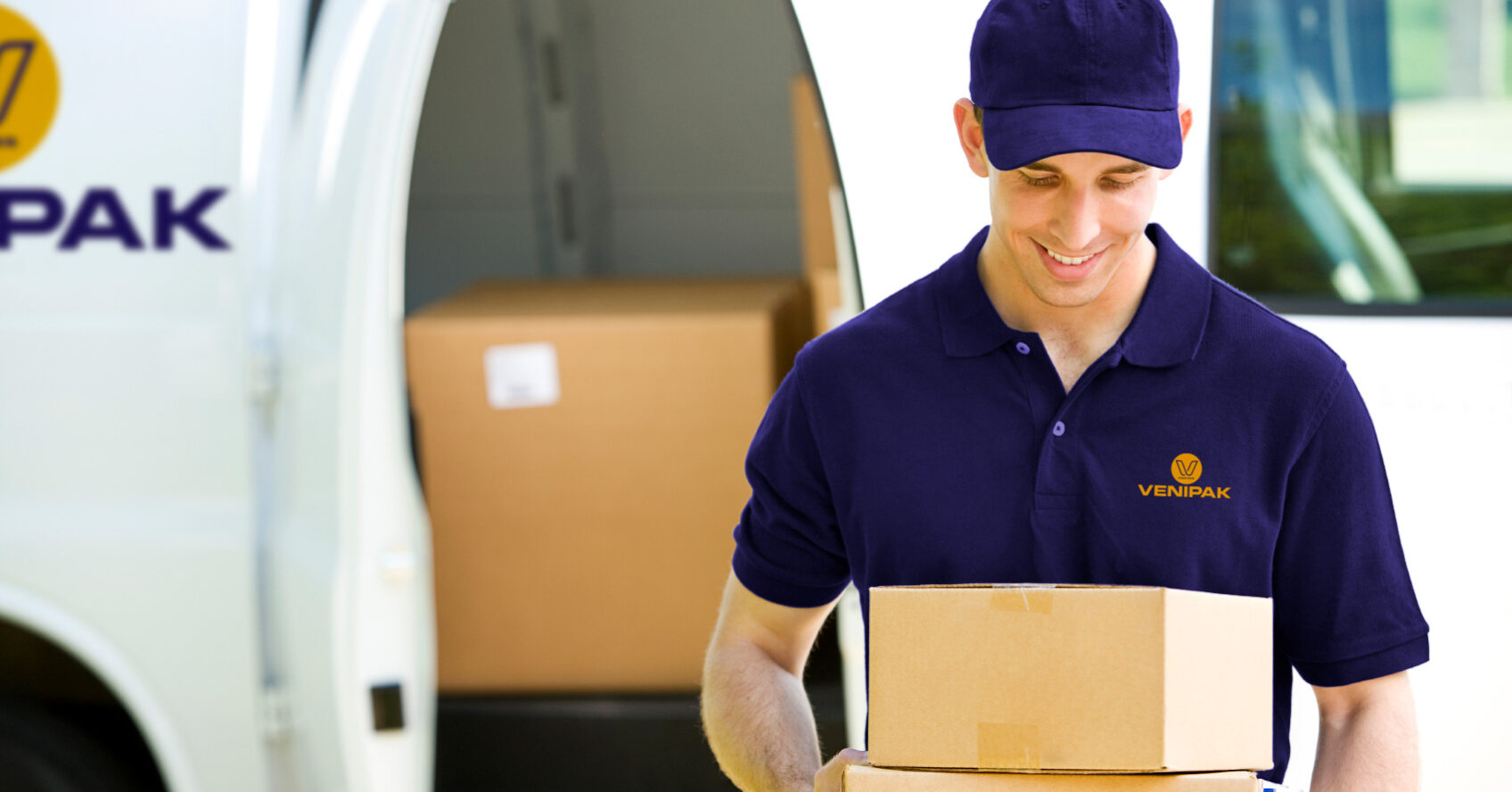The drastically changed situation in the parcel market has made courier a highly sought-after position among jobseekers. According to Justas Šablinskas, CEO at Venipak, an international parcel delivery service, the number of people applying for courier jobs will remain high this year.
The booming e-commerce has changed the labour market, putting couriers at the top of the list of the most desired professions. Parcel delivery services all around the globe averaged 180,000 vacancies for courier jobs each month since the start of pandemic. According to Justas Šablinskas, CEO at Venipak, an international parcel delivery service, new buying habits, the suggestion to award the essential worker status for couriers, and the extended quarantine will also continue to encourage jobseekers to consider a courier’s profession this year.
“The importance of the courier in the logistics process is undeniable. This employee position has always been and will always be essential to us. We are therefore extremely grateful to all those who have chosen this path. And the fact that it was one of the most sought-after jobs last year shows that people have begun to recognize its growing significance,” Justas Šablinskas said.
According to the CEO at Venipak, which made it to last year’s list of the most attractive employers in Lithuania, the need for specialists in this field will remain relevant this year due to the ongoing pandemic situation worldwide.
“First of all, with the quarantine restrictions in place, people will continue finding it more convenient to wait for a courier within the safety of their own homes or to pick up their parcels at convenient locations such as parcel terminals and other designated pick-up points. In addition, e-commerce has already become the main form of shopping for many consumers, especially those working from home, so couriers are an important link between the business and the consumer,” Justas Šablinskas maintained.
Aside from predicting the demand for courier vacancies in the labour market, Venipak considers it necessary to not only maintain a larger-than-usual number of employees for efficient last mile logistics, but also to invest in their professional training. For this reason the company has created Venipak Academy, the company’s training platform that provides continuous theoretical and practical training for couriers.
The training platform focuses on instructing couriers in strategies on crisis management, communication with customers, and how to pack and transport parcels properly. The CEO also believes it is important to ensure that new team members are well-integrated into the company environment, as they are integral to its success. Therefore, the training programme also includes discussions about the company’s traditions and internal culture.
“We want couriers to be prepared for a wide range of work challenges, such as extreme weather and road conditions or conflict situations with customers. That is why senior couriers with long years of experience as well as qualified trainers are chosen to conduct the training,” Justas Šablinskas added.
The demand for courier jobs is also influenced by future career prospects. For instance, Venipak’s couriers have the opportunity to move up the career ladder and, after gaining relevant experience, to be promoted to a higher-level position, such as a direct supervisor/logistics manager. The company has also recently introduced a new professional development tool—a rating system where, upon receiving their parcels, customers can submit direct feedback on their parcel delivery experience. According to Justas Šablinskas, this places service quality at the forefront and simultaneously motivates the couriers.
“People value a positive interaction with the courier, and we see that couriers are now considered an indispensable part of everyday life. Employees feel more inclined to try harder when they find out that the most favourable customer feedback and comments revolve around fast service, and friendly and attentive courier,” Justas Šablinskas revealed.
Venipak reports that after the change in market conditions due to the quarantine, the company now employs 20% more couriers than before the pandemic. Higher job prospects have also led to increased length of service among the couriers, some of whom have been employed for 10 years.




